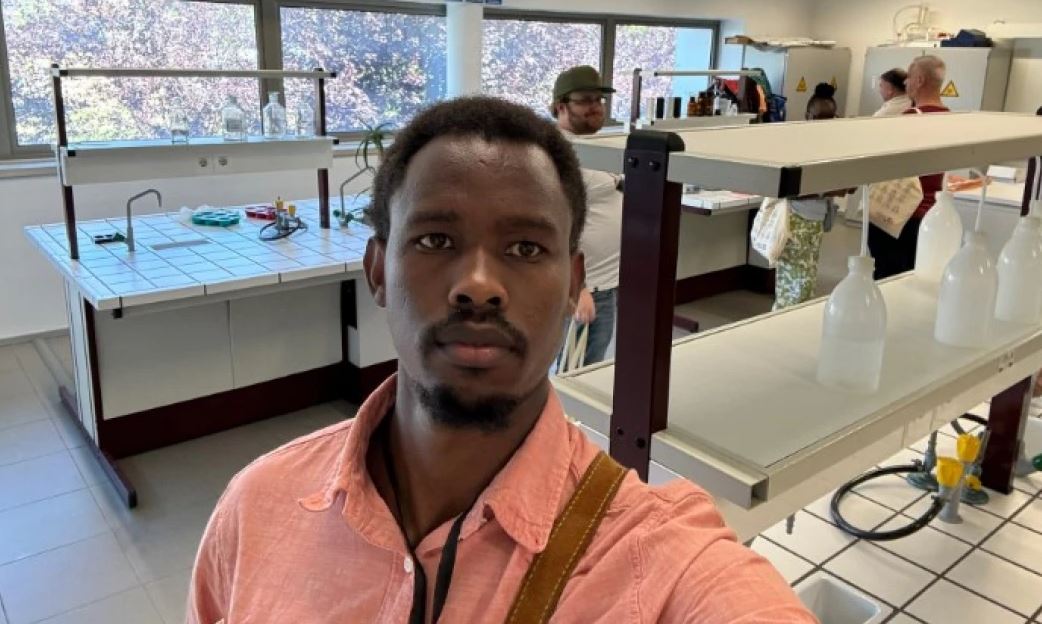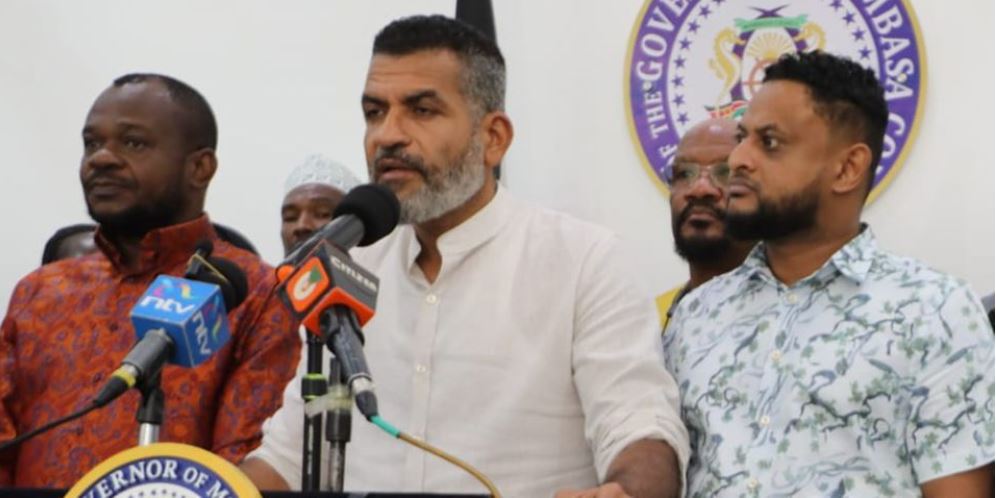 A Kenyan national residing in France has found himself at the center of controversy after exposing confidential negotiations between the Kenyan government and India’s Adani Group.
A Kenyan national residing in France has found himself at the center of controversy after exposing confidential negotiations between the Kenyan government and India’s Adani Group.
Nelson Amenya, who revealed details of a proposed 30-year lease of Jomo Kenyatta International Airport (JKIA) to the Indian conglomerate, now expresses concerns for his personal safety, despite living outside Kenya.
In July, Amenya shared documents online that unveiled months of secret talks regarding the potential takeover of Kenya’s primary airport by Adani Group, owned by Indian billionaire Gautam Adani.
The proposed deal included a $1.85 billion investment from Adani, but critics argue this amount undervalues the strategic importance of JKIA, which contributes significantly to Kenya’s GDP through its fees.
The secrecy and single-sourcing of such a project is also raising eyebrows.
The exposure of these clandestine negotiations sparked public outrage, leading to airport staff strikes and a parliamentary inquiry. During recent testimony, Treasury CS John Mbadi admitted to being caught off guard by the Kenya Aviation Authority’s swift approval of Adani’s proposal in March.
Rather than being lauded for his role in bringing transparency to the process, Amenya claims he has become a target. He reports facing legal challenges, including a gag order served through French lawyers, and more alarmingly, threats to his physical well-being.
Amenya has reported these concerns to French authorities, though he remains cautious about disclosing his sources.
In one instance, Kenya’s DCI accused a carbon credit firm founded by Amenya of selling fake cryptocurrency, something that the activist denies.
“We don’t sell crypto, we don’t transact on our website at all,” laughed Amenya.
Sheila Masinde, head of Transparency International’s Kenya branch, confirms that such fears are not unfounded, citing a history of harassment and even violence against whistleblowers in Kenya.
She advocates for both physical and legal protection for Amenya, emphasizing the public interest nature of his actions.
Amenya’s primary concern regarding the airport deal was Adani Group’s controversial reputation, including allegations of stock manipulation and environmental misconduct in other countries. The Indian conglomerate has denied these accusations and is pursuing legal action against some critics.
While the Kenyan government maintains that negotiations are ongoing and that JKIA desperately needs renovation, Amenya believes his disclosure was crucial in preventing the deal from being finalized without public scrutiny.
He remains hopeful that even if the takeover proceeds, his actions may influence the terms of the agreement to better serve Kenya’s interests.








